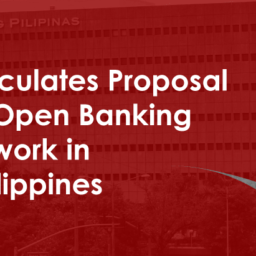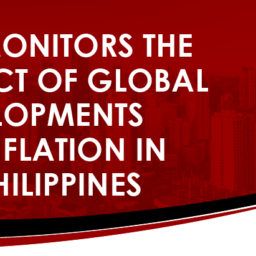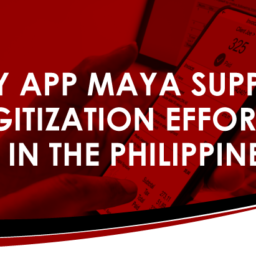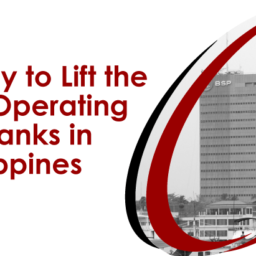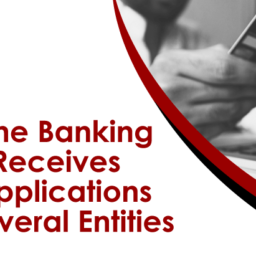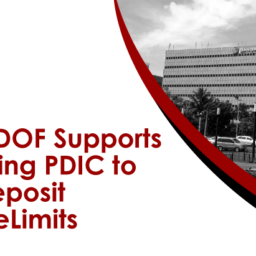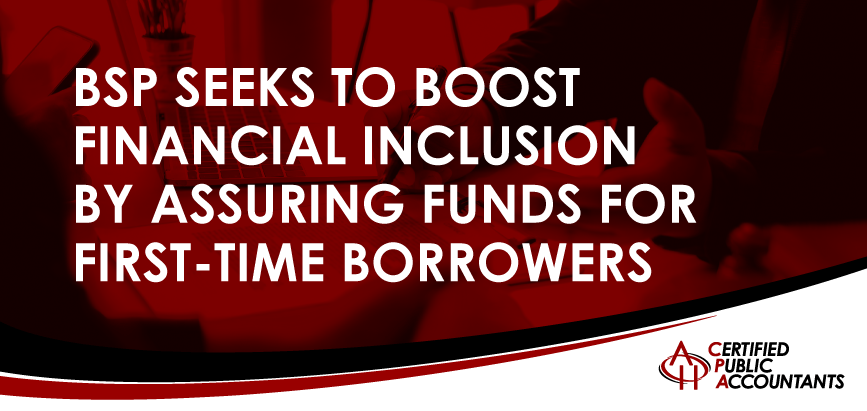
BSP Seeks to Boost Financial Inclusion by Assuring Funds for First-time Borrowers
The Bangko Sentral ng Pilipinas (BSP) is aiming to push financial inclusion in the country by encouraging more Filipinos to join the financial system.
BSP Governor Felipe Medalla discussed that the government could examine a guarantee fund to subsidize fees for first-time borrowers. This allows the government to bring them to the formal financial system.
Medalla cited, “Through #digitalpayments, borrowers can develop a track record. Once they have a track record, they can become bankable and graduate to the formal financial system.”
Medalla was one of the speakers in a seminar during the Asian Development Bank annual meeting in Incheon, South Korea. Further details of the suggested funds are still in progress.
Medalla added, “Digitalization unlocks innovative solutions for the delivery of financial services that are affordable, convenient, and tailored to the needs of the underserved markets and consumers.”
BSP aims to boost the number of Filipino adults with bank accounts to 70% and change half of the overall retail transactions to electronic platforms by 2023 following the Digital Payments Transformation Roadmap.
Adult Filipinos with bank accounts nearly doubled to 56% in 2021 from 29% in 2019 following the pandemic. Likewise, electronic payments to total retail transactions increased from 20.1% in 2020 to 30.3% in 2021.
Medalla noted that the private sector utilizes agent banking and assisted transactions to reach more Filipinos. He explained, “There are many things we can achieve working together to expand access to credit to reduce both poverty and financial exclusion.”
Moreover, Medalla led the launch of the Credit Risk Database Scoring Model last week to assist financial institutions in assessing the creditworthiness of small and medium enterprise (SME) borrowers, including businesses without credit histories or adequate collateral.
Medalla cited that the scoring model seeks to aid the funding gap for micro, small, and medium enterprises (MSMEs). It also aims to use a data-driven approach to improve the credit risk management of financial institutions.






